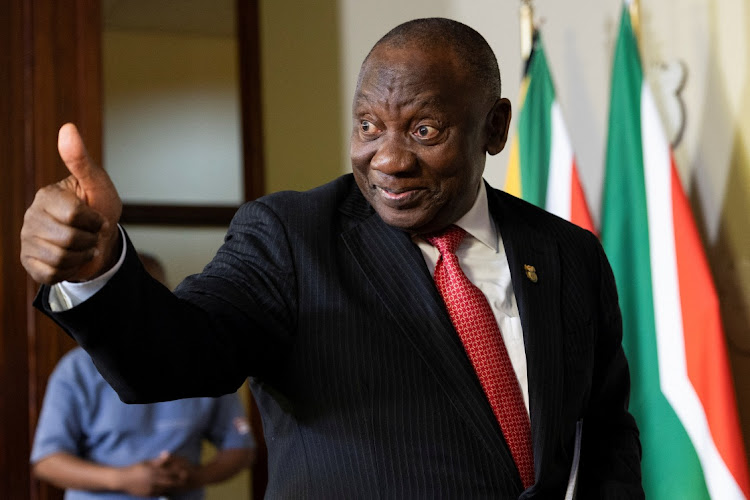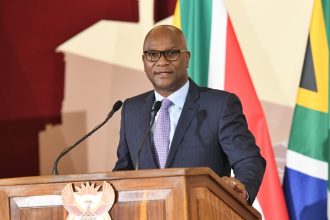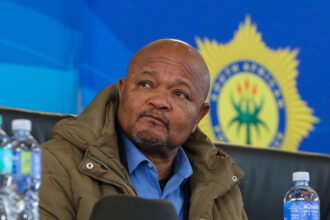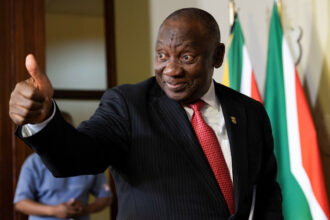The African National Congress (ANC) has argued before the Constitutional Court (ConCourt) that President Cyril Ramaphosa should not face impeachment over the 2020 Phala Phala farm scandal. The ANC dismissed opposition efforts as politically motivated, with no legitimate basis for an inquiry into Ramaphosa’s conduct.
The case stems from allegations that Ramaphosa failed to report a theft of approximately 580,000 USD hidden in furniture on his Phala Phala farm. In 2022, a report by an independent panel led by former Chief Justice Sandile Ngcobo found that enough evidence existed to justify an impeachment investigation. However, Parliament, led by ANC MPs, opted not to pursue the matter.
Opposition Parties Challenge Parliament’s Decision
The Economic Freedom Fighters (EFF) and the African Transformation Movement (ATM) have filed a case seeking to overturn Parliament’s decision to reject the panel’s findings. They argue that the ANC unfairly shielded Ramaphosa and failed in its duty to hold the president accountable.
Vuyo Zungula, leader of the ATM, and EFF leader Julius Malema have maintained that the matter is in the public’s interest. During court proceedings, Malema asserted outside the courthouse that their arguments were strong and predicted victory.
ANC Defends Its Position
Advocate Tembeka Ngcukaitobi, representing the ANC, emphasised that impeachment is a serious process requiring credible evidence. He argued that Parliament’s refusal to proceed was justified because the independent panel’s findings did not meet constitutional standards.
“We must ensure that the independent panel acted within the law and constitution,” Ngcukaitobi told the court. He also dismissed allegations that ANC MPs were under threat of losing their seats if they voted against Ramaphosa.
ConCourt Questions Timing of EFF’s Case
Both the ANC and the court questioned the timing of the EFF’s application, which was filed 14 months after the independent panel’s report. Ramaphosa’s legal team accused the EFF of using the case as a political tool ahead of the next elections. Despite the delay, the EFF argued that the case’s significance outweighed any procedural concerns.
Judgment Reserved
The ConCourt reserved judgment after hearing arguments from both sides. The ruling will determine whether Parliament’s decision to reject the impeachment inquiry stands or if it should be revisited.
Conclusion
The ANC’s defence of Ramaphosa has reignited debate about accountability, transparency, and political influence in South Africa’s highest office. As the ConCourt deliberates, the country awaits a ruling that could shape the political landscape ahead of the 2024 elections.












